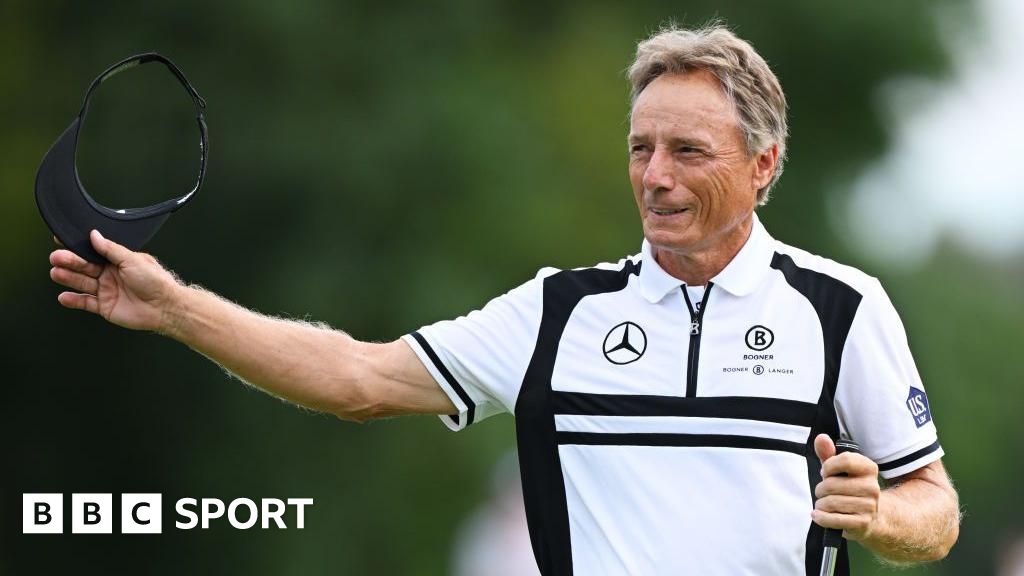Jobs
The secret, unwritten rules of the EU’s top jobs carve-up

This is “undemocratic at multiple levels,” said Alberto Alemanno, professor of EU Law at HEC Paris.
The rules to elect the new EU leadership are largely unwritten. Just like a papal conclave, they are based on long-standing traditions and gentlemen’s (and, in the EU at least, ladies’) agreements. In Rome, some enter as cardinals and leave as bishops. In Brussels, some enter as former national leaders and leave as senior EU officials.
When EU leaders work out the top jobs puzzle, they only have to “take into account” the results of the European election, even though 373 million citizens were eligible to vote in one of the world’s largest democratic exercises — and voters in France, Germany and elsewhere opted for a slate of MEPs that is considerably more conservative and Euroskeptic than the previous class.
While all 27 national leaders will be in the room on Thursday, the group making the decisions is far smaller and representative of the pre-election balance of power. Six negotiators from three political groups — the center-right, socialists and liberals — have already agreed on the trio of leaders, expecting the others will sign off on the deal later this week.
To compound the issue, there are a lot of unwritten rules, said Steven Van Hecke, professor of European politics at KU Leuven. Leaders consider the political, geographic and gender diversity of the candidates.
The rules “are not written in any of the treaties, but they make the puzzle much harder,” Van Hecke added.





.jpg?width=1200&auto=webp&quality=75)



